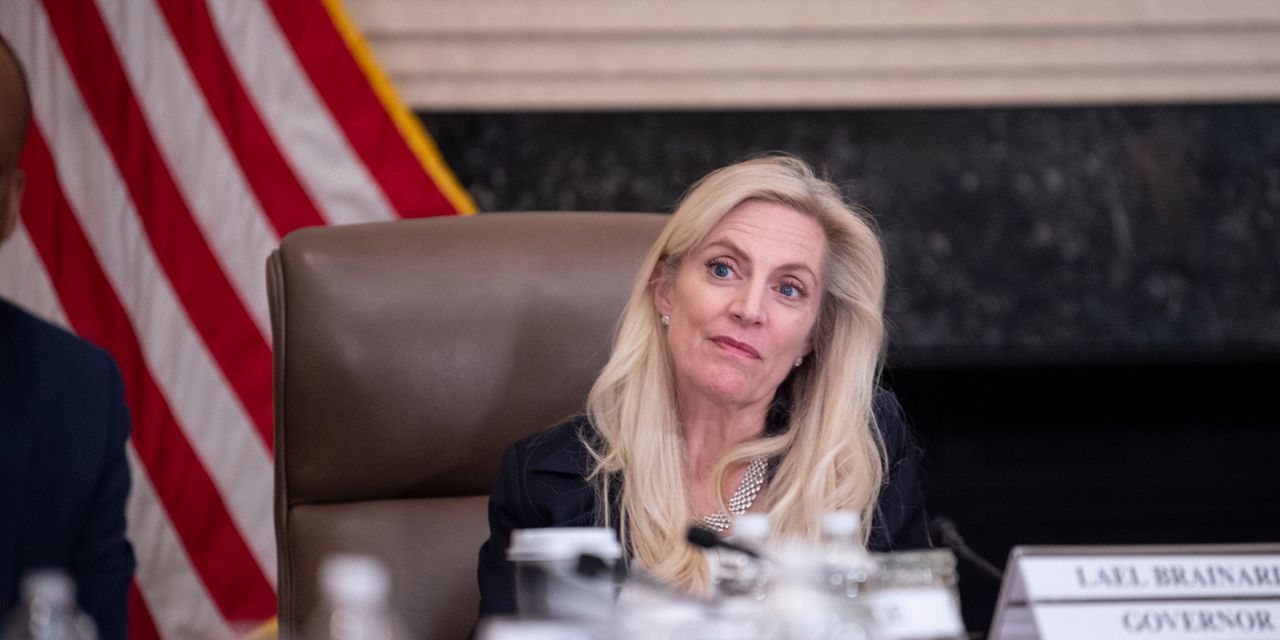Stock-market volatility resulting from a surge in first-time investors who congregate on social media could pose a risk to the U.S. financial system, the Federal Reserve said in its biannual financial stability report released Monday.
The report noted that new trading platforms that offer zero-commission trading, fractional shares and flashy and engaging graphics have helped recruit a generation of young traders to the stock market, and the size of this new demographic makes it important for regulators to monitor.
“Social media can contribute to an echo chamber in which retail investors find themselves communicating most frequently with others with similar interests and views, thereby enforcing their views, even if these views are speculative or biased,” the report said.
The Fed reported that so far, wild swings in the prices of popular meme stocks, including GameStop Corp.
GME,
+2.53%
and AMC Entertainment Holdings Inc.
AMC,
+8.06%
have had a “limited” impact on financial stability so far, it is an area of the market that should be “monitored” because new, younger equity investors tend to have higher debt levels and often invest in options, two factors that could amplify losses in a downturn.
“Episodes of hightened risk appetite may continue to evolve with the interaction between social media and retailer investors may be difficult to predict,” the report warned. “A potentially destabilizing outcome could emerge if elevated risk appetite among retail investors retreats rapidly to more moderate levels.”
The Fed suggested that financial institutions calibrate for the potential increased volatility that the meme stock phenomenon could endanger and that “more frequent episodes of higher volatility may require further steps to ensure the resilience of the system.”
Other vulnerabilities to the financial system outlined in the report include high valuations for stocks and real estate, which remain elevated relative to corporate earnings and rents. The Fed noted, however, that “despite rising housing valuations, little evidence exists of deteriorating credit standards or highly leveraged investment activity in the housing market.”
On the positive side, businesses and households have seen their debt relative to income decline in recent months, as federal stimulus and a rapid recovery from the COVID-19 recession has helped bolster balance sheets.
The Fed also pointed to instability in the Chinese real estate market as a potential threat to global financial stability, given the growing importance of Chinese growth to the world’s economy.
The report noted that business and local government debt is large and growing, and that a regulatory crackdown on the real estate sector “has the potential to stress some highly indebted corporations,” as exemplified by the recent drama surrounding China Evergrande Group.
6666,
+1.88%
“Stresses could…propagate to the Chinese financial system through spillovers to financial firms, a sudden correction of real estate prices or a reduction in investor risk appetite,” the report said. “Given the size of China’s economy and financial system, as well as its extensive trade linkages with the rest of the world, financial stresses in China could strain global financial markets.”
